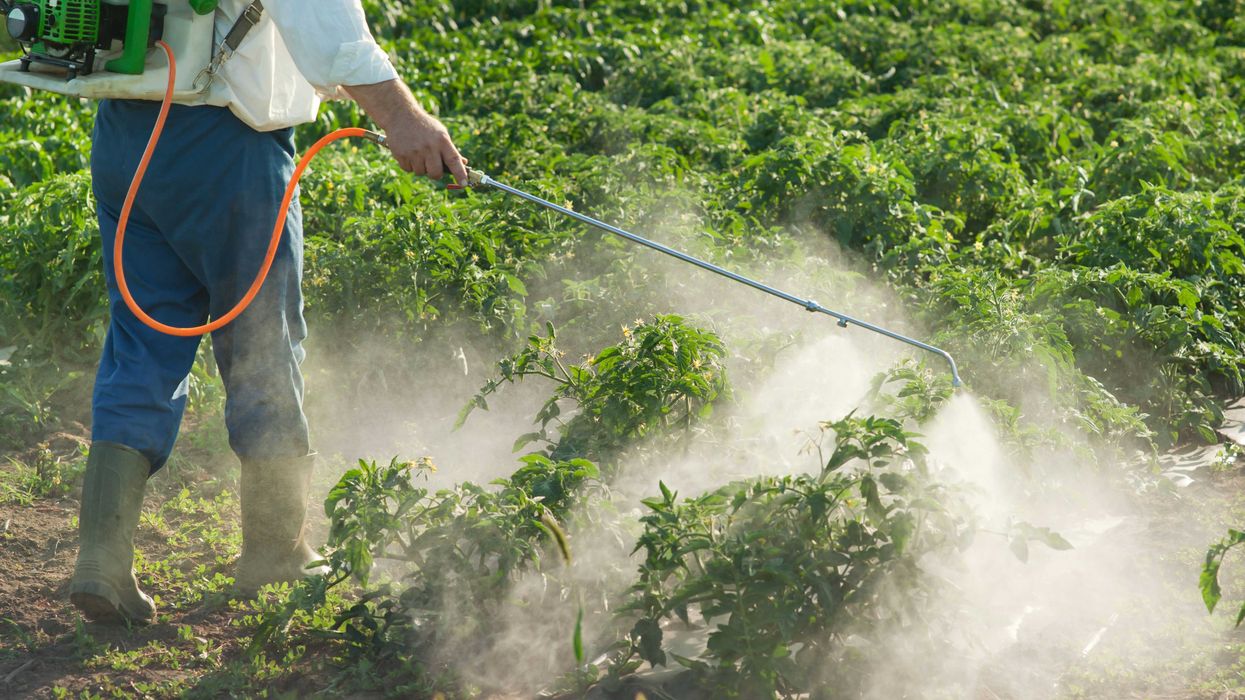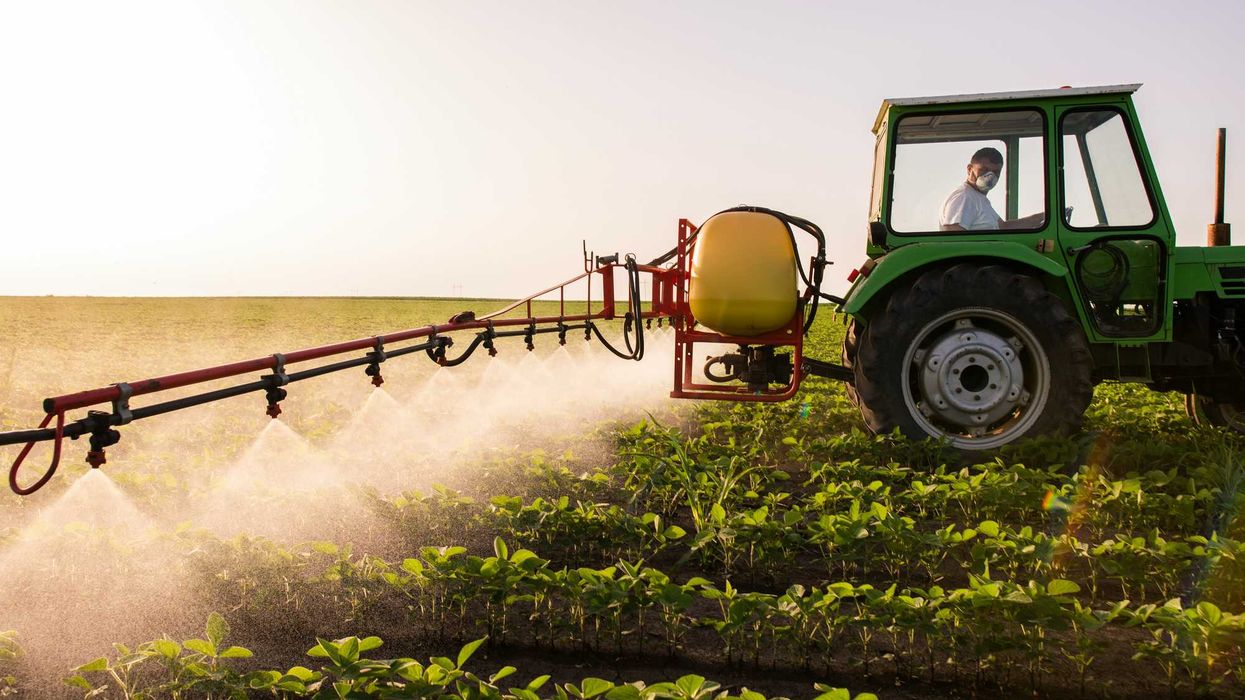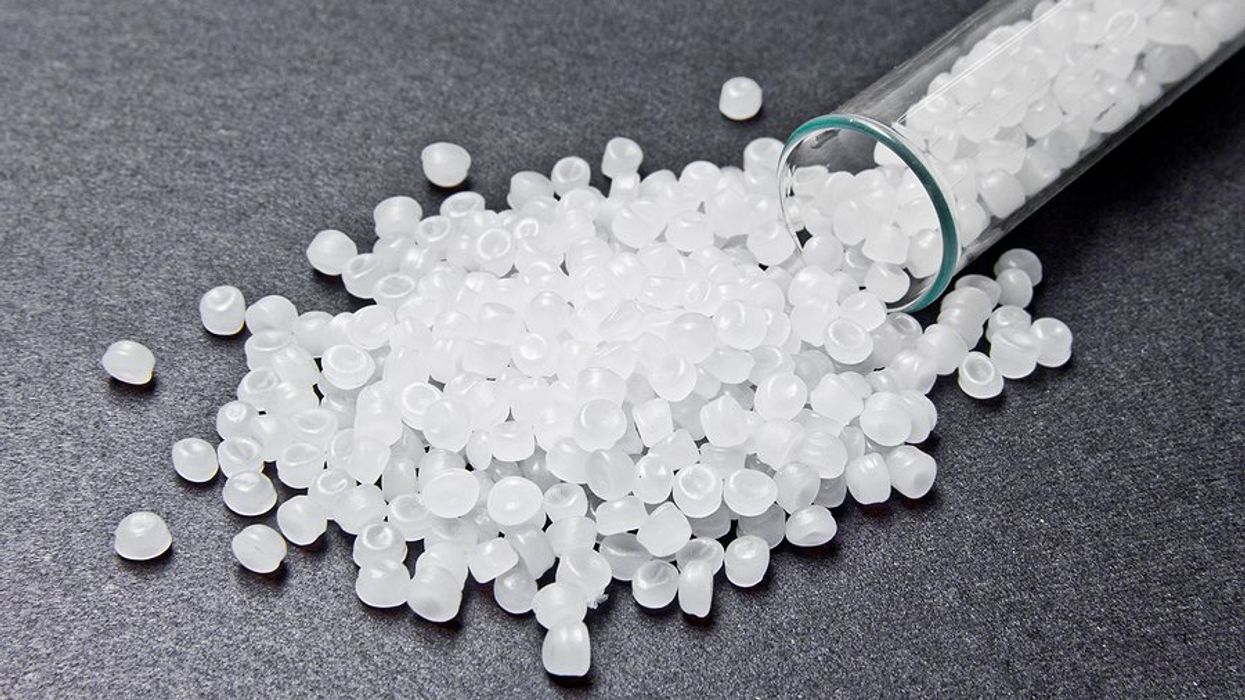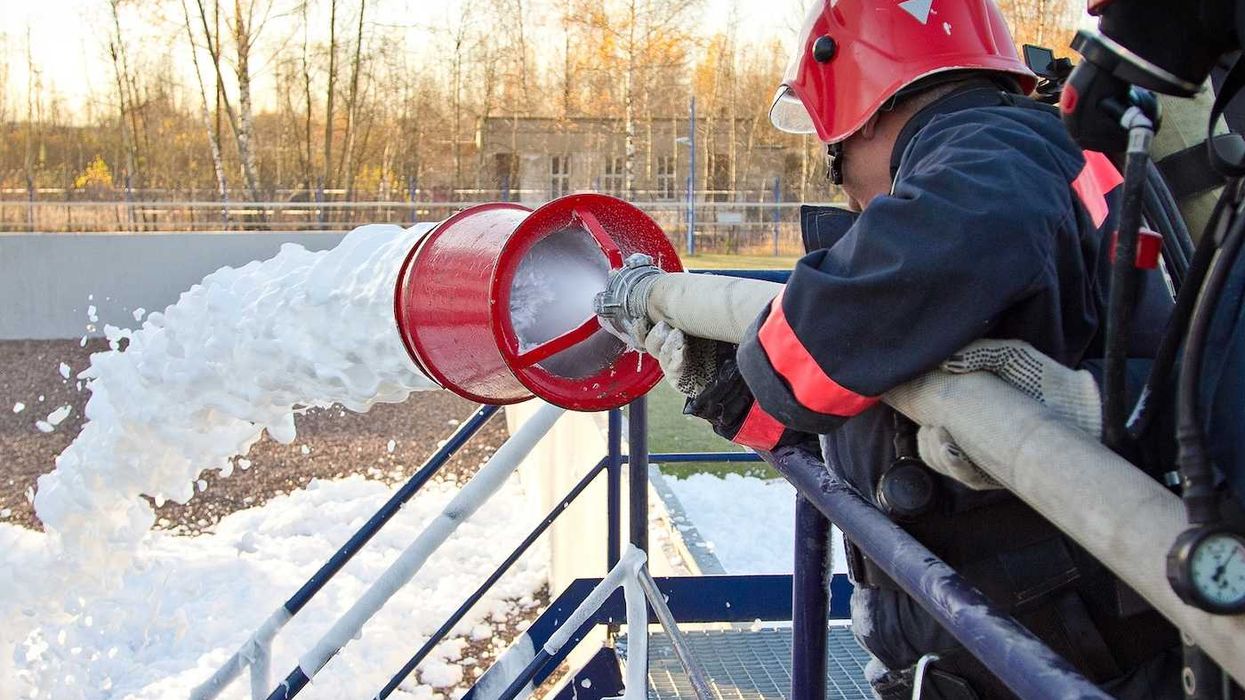Texas will require warning labels on food and drinks that contain dozens of dyes and additives restricted in other countries, creating a national test for how far states can go to regulate what Americans eat.
Rachel Roubein reports for The Washington Post.
In short:
- Texas Gov. Greg Abbott signed a law mandating prominent warning labels on food products containing any of 44 additives not recommended for consumption in the EU, UK, Canada, or Australia. The labels will appear on new or redesigned packaging beginning in 2027.
- The law marks a shift in conservative politics, aligning with Robert F. Kennedy Jr.’s “Make America Healthy Again” agenda. It passed with bipartisan support but drew strong opposition from the food industry, which warns of legal risks and consumer confusion.
- Other states, including California and West Virginia, have recently passed laws restricting food dyes, and major brands like Kraft Heinz and Tyson Foods have begun removing artificial colors in response.
Key quote:
“When a state as big as Texas requires a warning, that will have an impact on the entire marketplace. No question.”
— Scott Faber, senior vice president at the Environmental Working Group
Why this matters:
Artificial dyes and food additives that are widespread in the U.S. have been restricted in many other countries over concerns about potential health effects, particularly for children. Studies have linked some synthetic colors to behavioral issues and allergic reactions, and European regulators often apply a stricter precautionary principle in assessing food safety. As more U.S. states challenge federal standards and push for labeling or bans, food companies may face pressure to adopt cleaner ingredient lists nationwide. The public health implications are significant, especially for children. This also underscores growing tensions between state and federal authority on chemical regulation in food.














